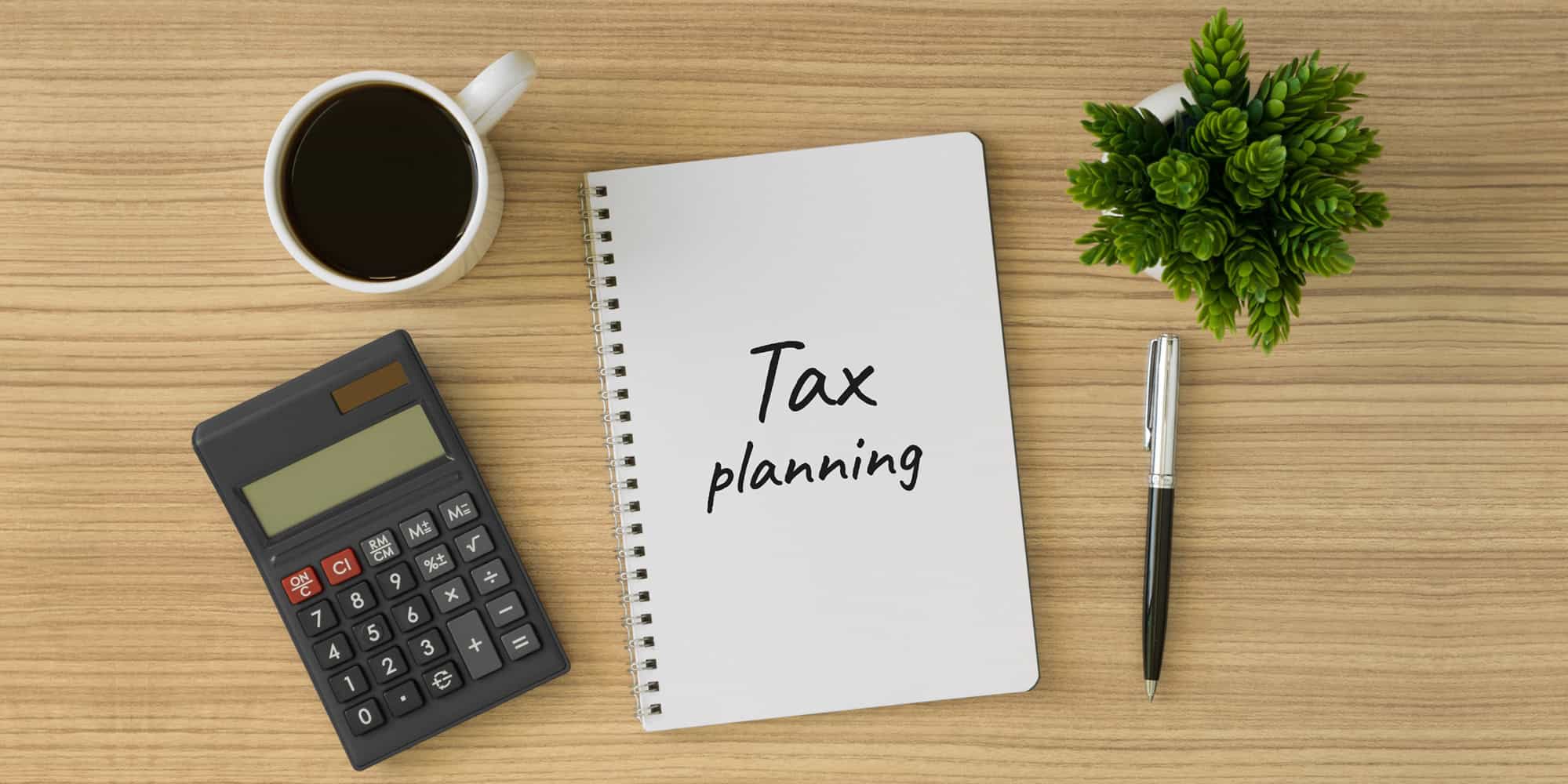Good and Service Tax (GST)
Hassle-free GST returns filing with B6.
Our service is beyond compliance requirements. We help our clients deal with IRAS For any queries, support GST audits, reviewing and advising on internal controls
for GST reporting.
GST split into two parts:
1. Charging GST (Output tax)
2. Claiming GST (Input Tax)
GST may not be as straightforward as you think. There is a certain Supplies/transactions are exceptions to the requirement to charge GST at the rate. Prevailing rate of 9% and required to determine the conditions for claiming input tax. Professional advice is needed to ensure we are charging and claiming appropriately. GST, B6 can help your business review and file GST accurately and timely.
Accounts Tax Secretary
GST Filing Requirements
GST is a self-assessed tax, and any business in Singapore is required to be GST-registered if its turnover exceeds S$1 million. However, the company can choose to be GST registered voluntarily.
Once your company is registered for GST, it is compulsory to submit your GST returns (via e-filing method) every quarter. Failure to e-file is a severe offence punishable with a fine and/or imprisonment. Even if your company has no transactions, a “NIL” GST return must still be submitted within one month from the end of every three calendar months.
GST is required to be filed one month after the end of the quarterly accounting period, and payables are typically due one month after the end of each accounting period. For example, the GST filing period generally is 3 months (January to March), with a filing deadline of April 30 and payment due by May 31.

- S$200 imposed for overdue date
- S$200 for each completed month the return remains outstanding
- Maximum: S$10,000 per return
IRAS can consider Waveir if outstanding tax payment has cleared, and it is regarded as a first-time offence within two years
- 5% imposed for overdue tax
- 60 days after 5% imposed: 2% for each completed month the tax remains unpaid
- Maximum: 50% of unpaid tax
IRAS can consider Waveir if submission has been done and outstanding tax payment has cleared, and they have filed GST on time for the past two years
FAQ
-
What is the tax structure for companies in Singapore?
Singapore has a low income tax rate for corporations, which is charged at a flat rate 17%
Singapore does not impose a capital gains tax, and it can distribute tax-free dividends to its shareholders. -
What is Form C or Form C-S?
Form C and Form C-S are both corporate tax returns to be e-filed with IRAS on an annual basis.
The Form C-S, being a simplified version of the Form C, contains fewer fields to fill. The Form C-S mainly comprises the following:- - A declaration statement of the company’s eligibility to file the Form C-S.
- - Information on tax adjustments (i.e. adjustments for non-taxable income and non-deductible expenses);
- - Information from the financial accounts
-
How do you calculate Corporate Tax return in Singapore?
You can calculate corporate tax returns manually or using tax preparation software. You need to calculate the taxable income and submit it to the IRAS online. You can use the IRAS' portal to file your tax returns online. It is all time-consuming.
Let's B6 handle the complexity for you!
